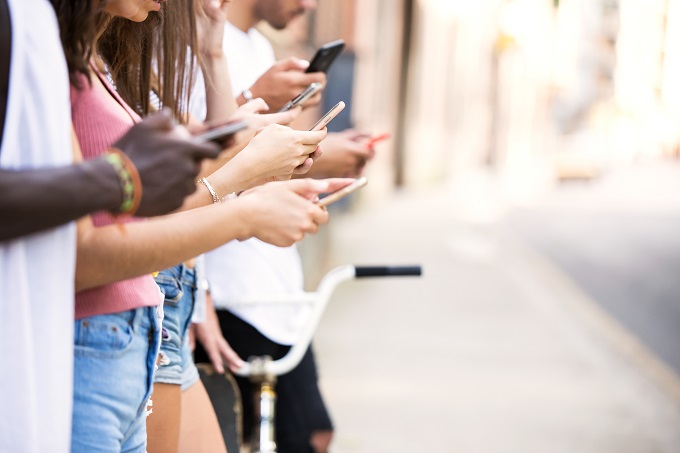How does school sex-ed need to evolve?

UC Associate Professor Kathleen Quinlivan says research shows that school-based sexuality education programmes struggle to engage with contemporary sexualities and relationships issues with children and young people.
“Sexuality and relationships education is paradoxically both everywhere and nowhere in today’s world. A lot of anxiety, and sometimes panic, surrounds learning about sexualities and relationships both within and outside schools.
“Sexuality education sits uncomfortably as a school subject. Programmes are under-resourced and under-valued and research shows that the curriculum struggles to make itself relevant and meaningful to young people in terms of their lived experiences of negotiating intimate relationships, particularly in a digital world.
“Young people can feel frustrated with the emphasis on the biological aspects of sexuality, and want to learn more about gender diversity, violence in relationships, intimacy, sexual pleasure and love. Parents too, feel out of their depth with knowing how best to educate their children and young people about sexuality and relationships in an era of consumption and digital technologies.”
Assoc Prof Quinlivan says digital technology puts previously private topics like sexuality, relationships and gender politics into the public domain. Dating apps and TV programmes such as Married at First Sight show adults negotiating the complexities of intimate relationships, including in some cases, relationships as commodities to be ‘shopped for’.
Digital campaigns such as #metoo are calling out gender and sexual harrassment, as are campaigns for sexual and gender diversity that question heterosexuality and gender normalcy.
Issues like sexting, which has increased amongst teens in recent years, largely as a consensual activity, and primarily in the context of an intimate relationship, are also relevant – a recent Australian survey shows that young women aged 18-19 in digital spaces are more likely to be on the receiving end of degrading comments about gender, sexual harassment and unwanted sexual advances.
“In an era of social and digital media, it’s not surprising to see diverse young people are increasingly taking sexuality education into their own hands. Sexuality education researchers suggest that sexuality education needs to focus more on helping young people to imagine and participate in conversations related to sexualities and relationships both within and outside school,” she says.
The University of Canterbury is holding a discussion on this topic March 15-16, called State of the Art: New Directions in Sexuality Education/ Current Social Science Theories In Practice Symposium. The symposium involves international and national researchers, local youth workers and the public, engaging in panel presentations and interactive workshops.










I think this is a great thing to bring to the fore. Relationships and sexuality are vastly important to the adolescents we engage with.
I do offer some caution however. the focus of these learnings appear to be about creating a space for young people to learn of their own sexuality, the diversity and current focus on sexual health. It appears our school sexual health or sexual learning does NOT include the legal consequences of under age sexual behaviour.
Young people (16 and under) should be taught and invited to cotribute to the discussion of how they learn of sexual activity and the any forms it takes. They also need to be made aware of the legalities of what they are becoming involved in. Underage sexual activity is currently illegal and schools should include teaching of this in any sexual health orientated programme or lesson. not to do so and focussing purely on the ‘mechanics’ of sex is effectively condoning the behaviour in which many of our teenagers are already involved.